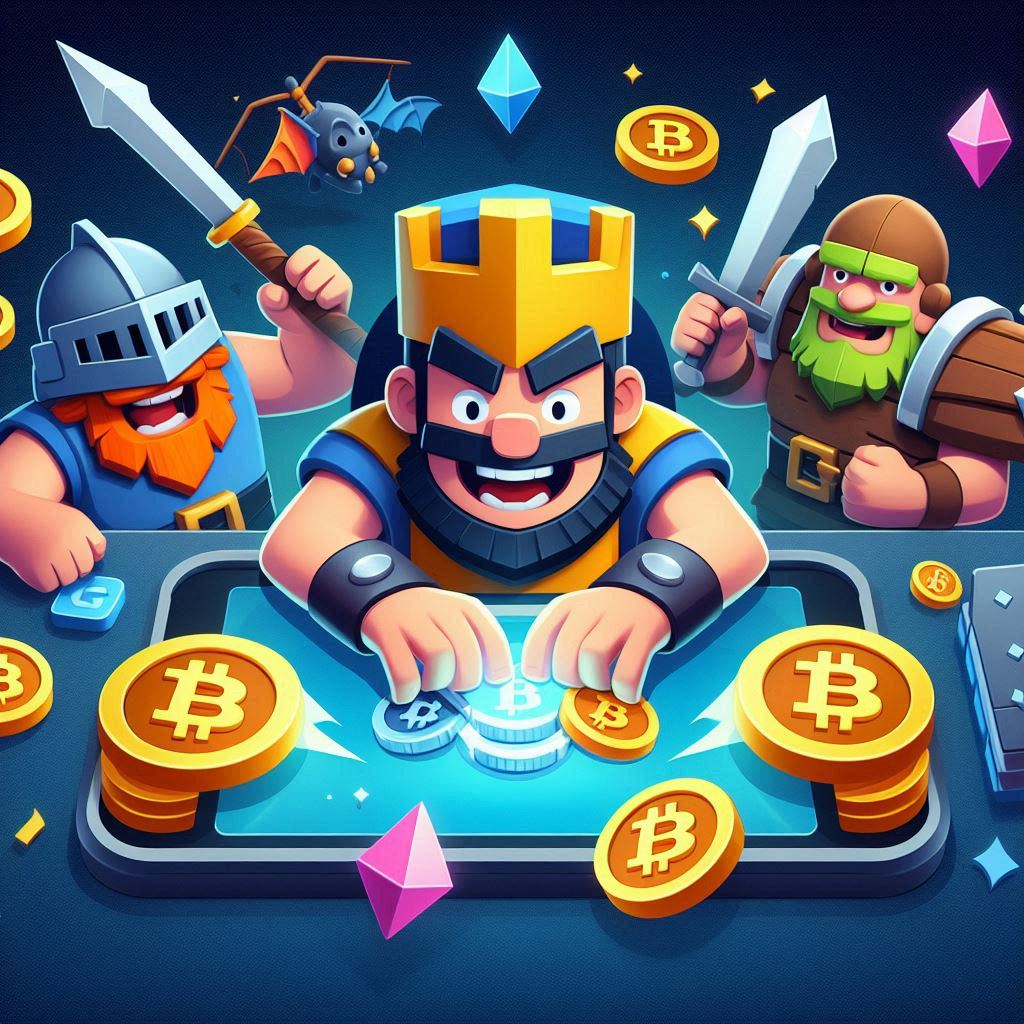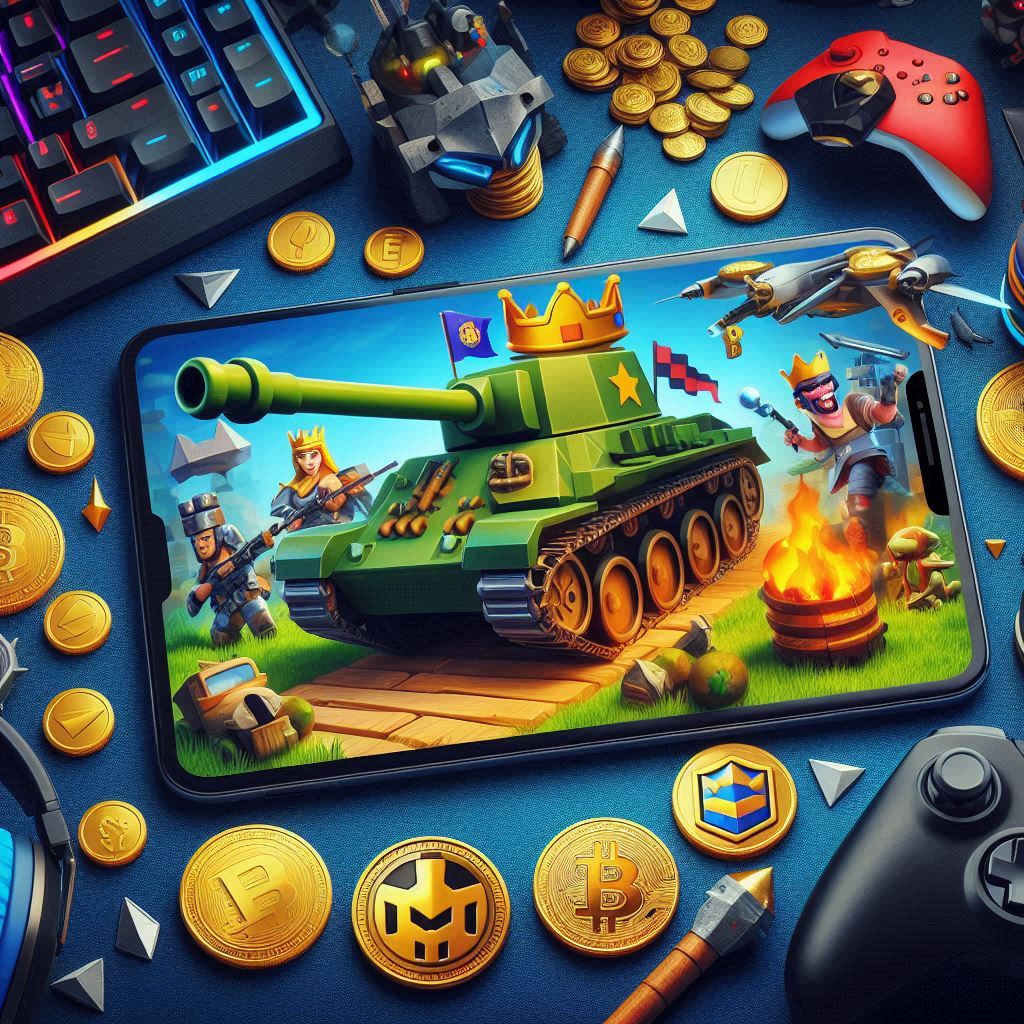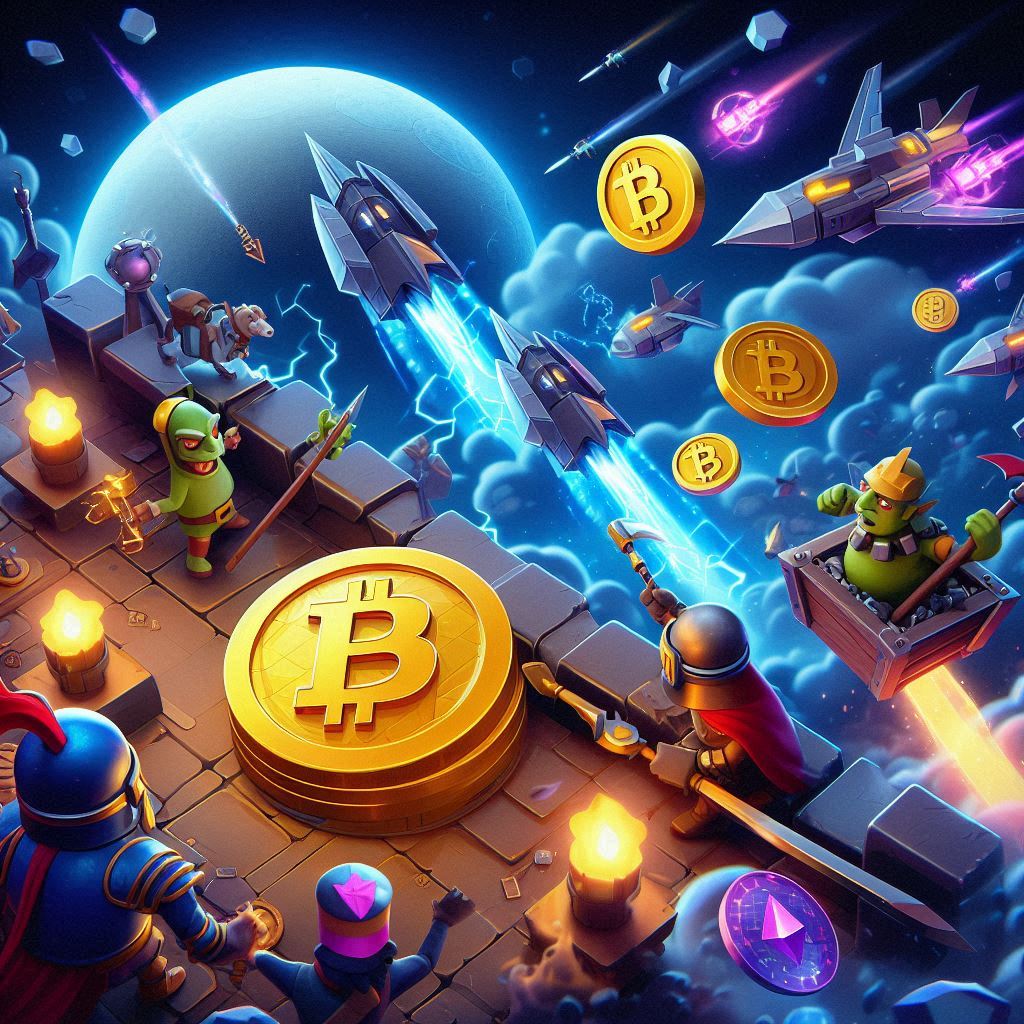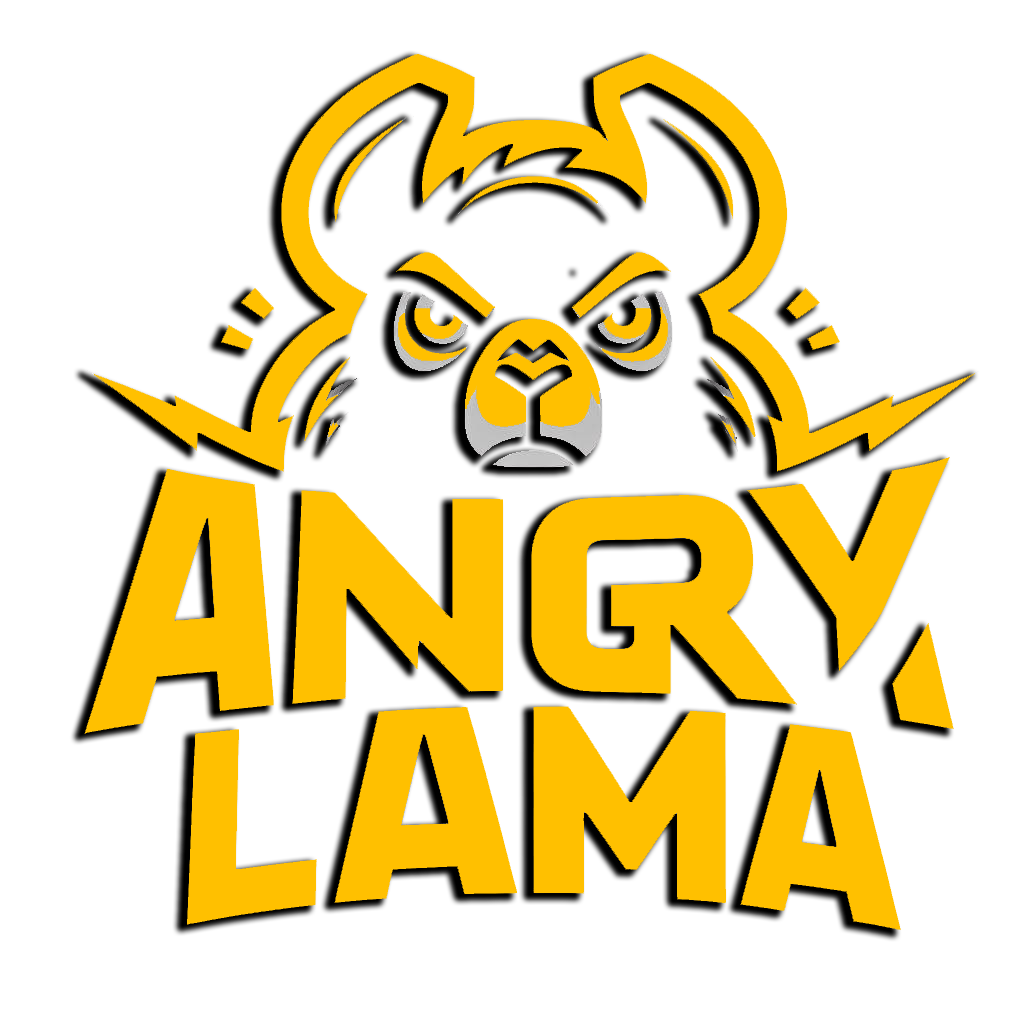Gaming Cryptocurrencies
Gaming Cryptocurrencies have emerged as a transformative force in the gaming industry, revolutionizing the way players engage with games and virtual assets. These cryptocurrencies, also known as in-game tokens or game coins, are digital currencies specifically designed for use within gaming ecosystems. One of the key benefits of Gaming Cryptocurrencies is their ability to provide a decentralized and secure payment system within games. By utilizing blockchain technology, these cryptocurrencies enable fast, transparent, and secure transactions, eliminating the need for traditional payment methods and intermediaries.
Gaming cryptocurrencies offer players a new level of ownership and control over their in-game assets. With these cryptocurrencies, players can buy, sell, and trade virtual items, characters, or even entire game accounts, giving them true ownership of their virtual possessions. The integration of gaming cryptocurrencies also introduces new economic models and incentives within games. Players can earn cryptocurrencies as rewards for achievements, completing quests, or participating in in-game events. These earned cryptocurrencies can then be used to purchase additional in-game items or traded for real-world value.
Gaming cryptocurrencies have fostered the growth of vibrant in-game economies. Players can engage in peer-to-peer trading, participate in virtual auctions, or even create and sell their own virtual assets using these cryptocurrencies. This dynamic economy creates opportunities for entrepreneurship and player-driven marketplaces within games. The use of gaming cryptocurrencies has also led to the rise of play-to-earn models in gaming. Players can earn cryptocurrencies through their gameplay and skill development, allowing them to monetize their time and effort invested in games. This has transformed gaming from a purely recreational activity into a potential source of income.

Gaming cryptocurrencies have attracted the attention of both game developers and investors. Developers are integrating these cryptocurrencies into their games to enhance the player experience and generate additional revenue streams. Investors, on the other hand, see the potential for growth and profitability in the gaming cryptocurrency market. The security and transparency provided by blockchain technology make gaming cryptocurrencies an appealing option for players. Each transaction and ownership transfer is recorded on the blockchain, ensuring transparency and preventing fraud or manipulation. This level of security builds trust among players and encourages wider adoption of gaming cryptocurrencies.
As the popularity of gaming cryptocurrencies continues to grow, dedicated platforms and exchanges have emerged to facilitate their trading and usage. These platforms provide a centralized hub where players can buy, sell, and exchange gaming cryptocurrencies, creating liquidity and expanding the ecosystem.
Gaming cryptocurrencies offer players the opportunity to participate in cross-platform gaming experiences. As these cryptocurrencies are not limited to a single game or platform, players can use them across different games or even trade them on external cryptocurrency exchanges. This interoperability expands the possibilities for players to utilize and benefit from their gaming cryptocurrencies. The concept of decentralized finance (DeFi) is also making its way into the gaming industry through gaming cryptocurrencies. DeFi protocols enable players to lend or borrow gaming cryptocurrencies, earn interest on their holdings, or provide liquidity to decentralized exchanges. These financial mechanisms provide additional avenues for players to generate passive income and engage in decentralized financial activities within the gaming ecosystem.
The rise of non-fungible tokens (NFTs) has further enhanced the potential of gaming cryptocurrencies. NFTs represent unique virtual assets or collectibles within games, and gaming cryptocurrencies can be used to acquire, trade, or sell these NFTs. This intersection of gaming cryptocurrencies and NFTs has created a thriving market for rare and valuable digital items, with players investing in and collecting NFTs as they would physical collectibles. Gaming cryptocurrencies have not been without challenges. The volatility of many cryptocurrencies can pose risks for players, as the value of their in-game holdings may fluctuate significantly. Additionally, concerns regarding regulatory frameworks and the legality of gaming cryptocurrencies in certain jurisdictions have been topics of discussion. However, efforts are being made to address these challenges through the development of stablecoins or by adhering to regulatory guidelines to ensure a stable and compliant gaming cryptocurrency ecosystem.
In summary, gaming cryptocurrencies have transformed the gaming industry by introducing decentralized payment systems, empowering players with true ownership of virtual assets, and creating vibrant in-game economies. With their potential for play-to-earn models and the integration of blockchain technology for security and transparency, gaming cryptocurrencies are set to shape the future of gaming and redefine the relationship between players, developers, and virtual assets.

In the field of digital currency games, our game development team has created a game TanKash based on blockchain technology that you can earn by competing with other players. Click here to download the game and also follow our YouTube channel.



